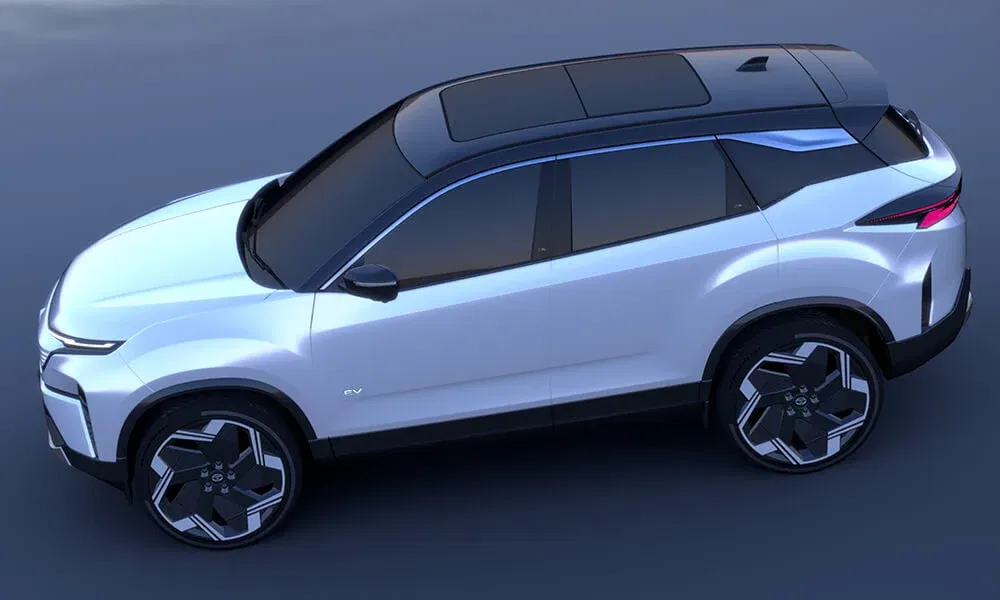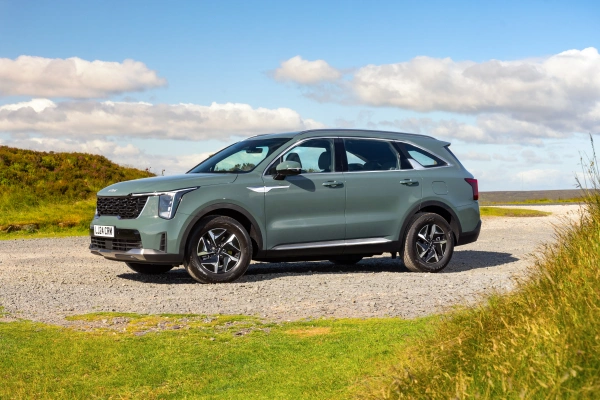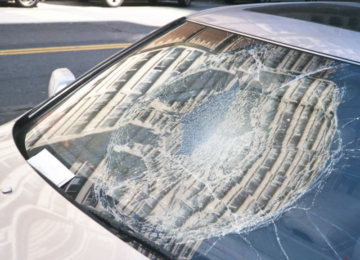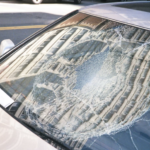From childhood playrooms to adult collectors’ shelves, miniature cars have long sparked imagination, creativity, and a deep-rooted passion for automobiles. While they may be small in size, the impact of toy cars on automotive enthusiasm is anything but minor. For many, these miniature models serve as an introduction to the world of cars, igniting a lifelong interest that often transcends into real-life automotive pursuits. In this article, we’ll explore how miniature cars have influenced automotive passion, their role in car culture, and why they continue to captivate enthusiasts of all ages.
The Early Spark: How Miniature Cars Cultivate Interest in Automobiles
For many car lovers, their fascination with vehicles began with a simple toy car. The tactile experience of holding and rolling a toy car, imagining it racing down roads or performing daring stunts, ignites a child’s curiosity and creativity. These miniature models often act as a gateway, exposing young minds to the idea of vehicle mechanics, design, and functionality, even before they fully understand what a car does.
The Role of Toy Brands in Nurturing Passion
Brands like Hot Wheels, Matchbox, and Maisto have played a significant role in cultivating early interest in cars. These companies produce highly detailed miniature cars, often based on real-life models. For young children, owning a miniature version of a sports car like a Ferrari or a classic muscle car such as a Ford Mustang provides a tangible connection to the wider world of automobiles.
This early exposure not only fuels excitement for cars but also fosters a sense of ownership and pride in these scaled-down versions. The design details, even in toy cars, mirror the aesthetics and characteristics of full-sized automobiles, encouraging children to learn more about their favorite models.
Miniature Cars and Collecting: A Hobby for All Ages
While miniature cars often start as toys for children, they also develop into serious collectibles for adults. Die-cast cars, scale models, and limited-edition replicas attract enthusiasts who appreciate the craftsmanship and accuracy involved in replicating real vehicles on a smaller scale. Collecting miniature cars is more than just a hobby; for many, it’s a way to preserve automotive history and celebrate iconic designs.
Why Collectors Are Drawn to Miniature Cars
- Attention to Detail: High-quality miniature cars, especially die-cast models, showcase impressive attention to detail. Everything from paint jobs to interior finishes is carefully replicated, making these models a testament to the craftsmanship of the automobile industry.
- Affordable Ownership: For those who admire luxury cars or vintage vehicles, owning a full-sized version may be out of reach. Miniature cars offer a way to “own” these dream vehicles at a fraction of the cost, allowing enthusiasts to build impressive collections that include classic, rare, or exotic models.
- Connection to Car Culture: Collecting miniature cars allows individuals to stay connected to the broader car culture. Many collectors participate in swap meets, online communities, and exhibitions, where they can share their passion, trade models, and engage in discussions about their favorite cars.
Fueling Future Careers: From Toy Cars to Automotive Designers
Interestingly, for some individuals, their early experiences with miniature cars translate into real-world careers in the automotive industry. Playing with toy cars encourages curiosity about how vehicles are built, how they function, and what makes certain designs stand out. These early interactions often inspire individuals to pursue careers in automotive engineering, design, or even motorsports.
Miniature Cars as an Educational Tool
- Learning Vehicle Mechanics: Miniature cars, particularly those that allow children to disassemble and reassemble parts, provide a basic understanding of vehicle mechanics. This hands-on interaction can inspire future automotive engineers who want to understand how full-sized cars are designed and assembled.
- Encouraging Creativity and Design Thinking: Some miniature car sets enable customization and allow children to paint, modify, or personalize their vehicles. This creative process can plant the seeds for future automotive designers who are passionate about crafting the cars of tomorrow.
The Nostalgia Factor: Why Adults Still Love Toy Cars
For many adults, miniature cars are more than just collectibles; they are a gateway to cherished memories of childhood. The nostalgia of playing with toy cars can evoke a simpler time when the possibilities of the open road and the thrill of speed were limited only by imagination. Many adults continue to collect miniature cars as a way to relive those moments, share their passion with their own children, and celebrate their love for automobiles.
The Role of Nostalgia in Automotive Passion
The emotional connection between childhood toys and adult hobbies is strong, and miniature cars play a key role in keeping that connection alive. For many, collecting miniature cars as adults is a way to stay engaged with the automotive world, even if they are no longer working in or around cars.
Conclusion: A Lasting Impact on Automotive Enthusiasm
Miniature cars may seem like simple toys, but their influence on automotive passion runs deep. From inspiring future careers in car design and engineering to fostering lifelong collections, these small-scale vehicles have left a big mark on car culture. Whether as childhood playthings or adult collectibles, miniature cars continue to fuel the imagination and keep the love for automobiles alive across generations.












